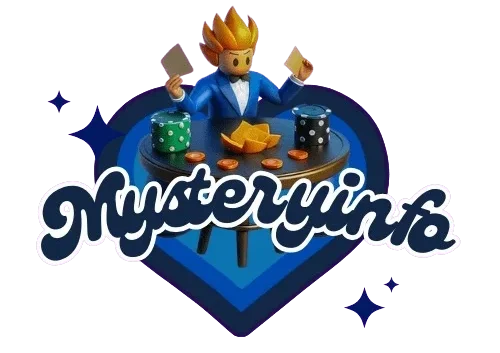How PlayStation Games Set the Standard for Modern Gaming
PlayStation games have long been considered the benchmark for high-quality gaming. From immersive storytelling to technical innovation, the platform consistently delivers some of the best games across multiple genres. Over decades of consoles, from the original slot gacor gampang menang PlayStation to the PS5, these games have shaped how players experience interactive entertainment, influencing both the industry and the expectations of gamers worldwide.
Storytelling has always been a core strength of PlayStation games. Titles like The Last of Us, Uncharted, and God of War offer narratives that are rich, emotionally engaging, and memorable. Players connect deeply with characters and stories, making their gaming experience far more than just completing levels or missions. This emphasis on narrative sets PlayStation apart from many other platforms and ensures that its games remain culturally relevant.
Innovation in gameplay mechanics is another hallmark of PlayStation games. From open-world exploration in Ghost of Tsushima to the precision combat of Bloodborne, these titles push the boundaries of what interactive entertainment can achieve. Features like the PS5 DualSense controller add tactile feedback and immersion, creating experiences that respond to the player’s every action. This combination of narrative, gameplay, and technological advancement ensures that PlayStation games remain engaging and fresh.
The diversity of PlayStation games across genres is also a major factor in the platform’s success. Whether players enjoy action, adventure, horror, racing, or strategy games, there is always a title that delivers an unforgettable experience. This broad appeal, combined with consistent quality, has helped PlayStation maintain its position as a leader in the gaming world. Gamers know they can expect some of the best games, regardless of genre.
Portable gaming through the PSP expanded PlayStation’s reach, bringing console-quality experiences to handheld devices. Games like Crisis Core: Final Fantasy VII and Patapon proved that portable consoles could host deep and engaging gameplay. The PSP offered accessibility without sacrificing quality, reinforcing PlayStation’s reputation for innovation and excellence across platforms.
Community features such as online multiplayer, co-op gameplay, and leaderboards have further enhanced PlayStation games. Players can compete and collaborate with friends and strangers alike, extending the life of each title and fostering social connections. This combination of single-player storytelling and multiplayer engagement ensures that PlayStation games appeal to a wide range of players and remain relevant over time.
In conclusion, PlayStation games continue to set the standard for modern gaming through their storytelling, innovation, genre diversity, and community engagement. From home consoles to the PSP, the platform consistently delivers some of the best games available, captivating players with immersive experiences. PlayStation remains a definitive choice for gamers seeking quality, innovation, and unforgettable adventures.
